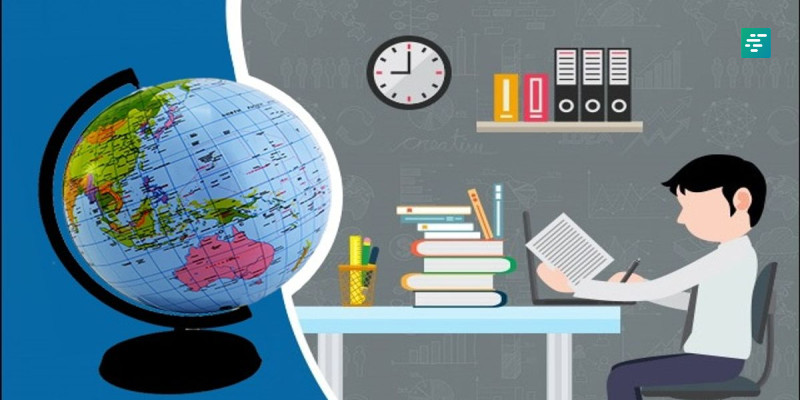
Competitive exams are a significant part of an academic journey, whether it's for college admissions, job opportunities, or career advancement. These exams can be nerve-wracking, but with the right approach, students can increase their chances of success. Unfortunately, many students make avoidable mistakes during their preparation that can hinder their progress. In this article, we'll discuss five common mistakes students should avoid when preparing for competitive exams.
1. Failing to set a realistic score
One of the most common mistakes students make is not setting a realistic target score for their competitive exams. While it's essential to aim high, it's equally crucial to be practical about your capabilities and the exam's difficulty level. Setting an overly ambitious target can lead to disappointment and demotivation, while setting a too low target might make you complacent.
To avoid this mistake, research the exam thoroughly, consult with mentors or experts, and assess your own strengths and weaknesses. Setting a realistic score based on these factors will provide you with a clear and achievable goal to work towards.
2. Neglecting Mock Tests
Mock tests are a vital component of competitive exam preparation. They not only help you become familiar with the exam's format but also enable you to gauge your progress. Sadly, some students underestimate the importance of regular mock tests or don't take them seriously.
Mock tests simulate exam conditions, allowing you to practice time management, improve your problem-solving skills, and identify weak areas that need more attention. Regularly taking mock tests will build your confidence and help you fine-tune your strategies as you move closer to the actual exam date.
3. Leaving Your Errors Unreviewed
Making mistakes is a part of the learning process. However, a common mistake students make is not thoroughly reviewing their errors. After taking a mock test or practicing a set of questions, it's essential to go over the incorrect answers and understand why you got them wrong.
Reviewing errors helps you identify recurring patterns and weaknesses in your knowledge. It allows you to focus on improving specific areas, whether it's a lack of understanding of a topic or a careless mistake. Over time, addressing these errors can lead to significant improvements in your performance.
4. Poor Time Management
Time management is a critical aspect of competitive exam preparation. Many students struggle with allocating their time effectively, either spending too much time on one subject or rushing through another. Poor time management can lead to an incomplete syllabus, increased stress, and a lack of confidence.
To avoid this mistake, create a study schedule that allocates time to different subjects based on their weightage in the exam. Use timers and set specific targets for each study session. Effective time management ensures that you cover the entire syllabus while maintaining a balanced approach.
5. Refusing to Revise
The importance of revision cannot be overstated. Some students make the mistake of neglecting revision in favor of learning new material. However, revising previously learned content is crucial for retention and recall during the exam.
Regular revision helps reinforce your understanding of the topics and strengthens your memory. It is often during revision that you can connect different concepts and deepen your comprehension of the subject matter. To avoid this mistake, allocate specific time for revision in your study schedule, and make it a non-negotiable part of your preparation routine.
Competitive exams demand commitment, focus, and a strategic approach. By avoiding these common mistakes, students can enhance their chances of success. Setting realistic goals, embracing mock tests, reviewing errors, managing time effectively, and prioritizing revision will go a long way in ensuring that your competitive exam preparation is on the right track. Remember that success in competitive exams is not just about intelligence; it's also about discipline, determination, and the ability to learn from your mistakes.